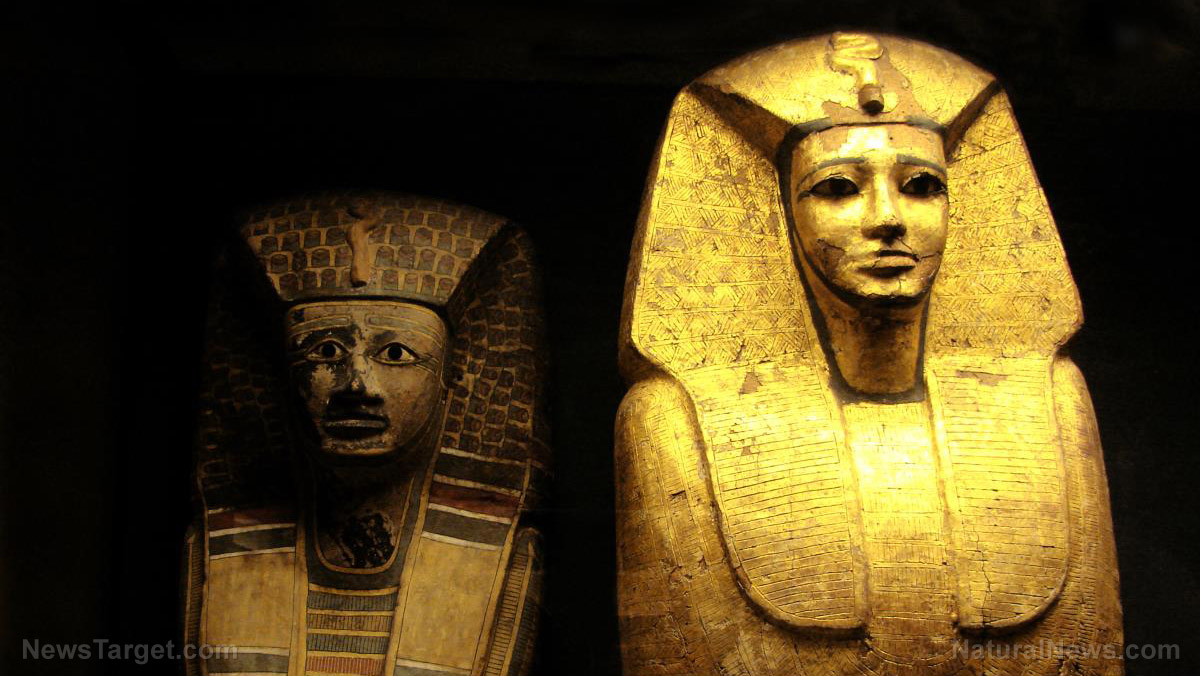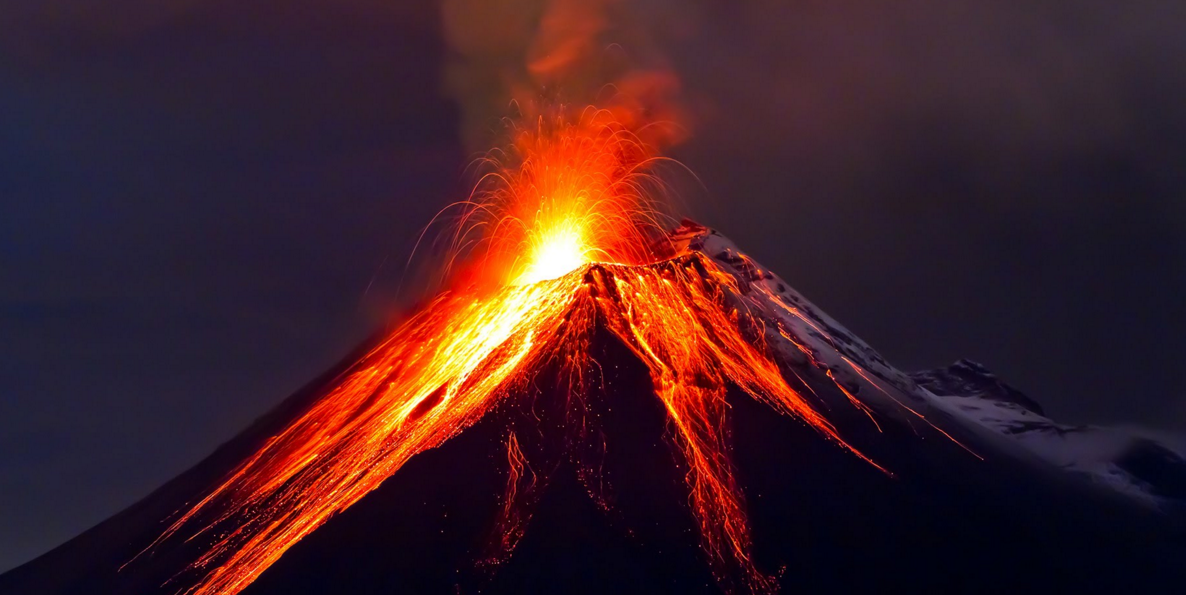Mother Nature may have contributed to the rise of the Roman Empire: Volcanic eruptions, drought found to coincide with political events in ancient Egypt
04/17/2019 / By Robert Jonathan

Pre-industrial climate change of the natural variety may have brought down the Ptolemaic dynasty that ruled ancient Egypt from 305 to 30 BC given internal strife and its later conquest by the Roman empire.
That is part of the conclusion of a new study published in Nature Communications, which was based on evaluating ice core data of volcanic eruptions along with papyrus records chronicling the timelines of civil unrest as well as measurements of summer flood heights. You can read the entire paper here and draw your own conclusions.
The Ptolemaic empire, whose Hellenistic dynasty ushered in by Alexander the Great governed Egypt and North Africa from an enclave in the capital of Alexandria — and whose final years where ruled by Cleopatra, an historic femme fatale who made an ill-fated alliance with Romans Julius Caesar and later Mark Antony — was undermined by intense volcano activity which destabilized the food supply, according to the study findings.
The Ptolemaic line came to a halt with its takeover by the military forces of Roman Emperor Octavian, but by then, years of famine had taken its toll.
That said, evidently, Egypt lacked the ancient equivalent of FEMA and/or DHS.
The Washington Post explains that the Egyptian rulers apparently may have been unaware of the degree to which volcanic activity, Nile flooding or more specifically lack thereof, and violent uprisings were linked, all of which ultimately lead to the end of the reign.
Egypt during the Ptolemaic age… was a flourishing cultural and military powerhouse...
But the Ptolemaic Empire was also deeply dependent on crops watered by the summer flooding of the Nile. During years when that flooding didn’t happen, harvests were devastated and there was famine and civil unrest.
What the Ptolemaic kings didn’t know was that those dry years were often caused by volcanic eruptions, sometimes as far away as the other side of the world, that sent up sulfates into the atmosphere and caused dramatic changes to global weather patterns.
Based on all the available evidence, lead author Dr. Joseph G. Manning of Yale University told the Daily Mail that ancient Egypt provided a “unique historical laboratory” for studying the unraveling of the social fabric as it relates to volcanic shocks. “Sooner or later we will experience a large volcanic eruption, and perhaps a cluster of them, that will act to exacerbate drought in sensitive parts of the world,” he added.
A study co-author pointed out that natural disasters were part of a powder keg scenario in ancient Egypt that also included “heavy taxation, ethnic conflict and disease,” the New York Times noted.
“Ptolemaic vulnerability to volcanic eruptions offers a caution for all monsoon-dependent agricultural regions, presently including 70% of world population,” the study concluded.
Separately on the climate change front, Natural News founding editor Mike Adams wrote that a paper published by Nature Geoscience revealed that global warming climate models widely cited by the mainstream media were based on faulty software projections that failed to take into account actual, real-world measured temperatures. The Intergovernmental Panel on Climate Change under the auspices of the United Nations, as well as other globalist entities, wildly overstated the doomsday effects of carbon dioxide emissions on our planet, Adams added.
Sources include:
Tagged Under: Ancient Egypt, climate change, Ecology, environment, global warming, natural disaster, Nile River, Ptolemaic empire, Roman Empire, volcanic eruption, volcanoes


















